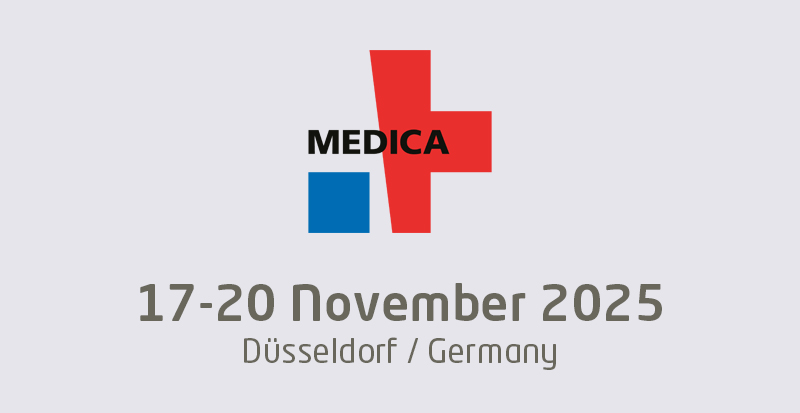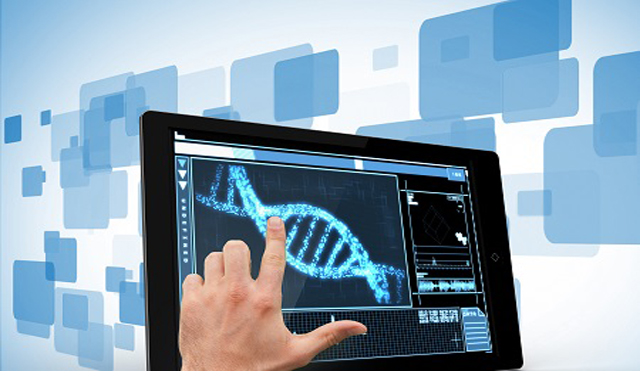Researchers have found new links between genetics and various diseases by mining electronic health record data, according to a study published Sunday in the journal Nature Biotechnology, the New York Times reports.
Study Details
For the study, the Electronic Medical Records and Genomics Network — a consortium of medical research institutions, which includes the Mayo Clinic and the Vanderbilt University School of Medicine — surveyed thousands of EHRs (Zimmer, New York Times, 11/28).
The institutions grouped about 15,000 billing codes contained in around 13,000 EHRs into 1,600 disease categories (Young, MIT Technology Review, 11/24).
The researchers then looked for links to diseases in the EHRs that contained DNA data (Hall, FierceHealthIT, 11/25).
Study authors identified 63 new genetic links to diseases, ranging from skin cancer to anemia (New York Times, 11/28).
Implications
The EHR study method — called a phenome-wide association study — marks a significant change from the 13-year-old genome-wide association model, in which researchers search for common mutations in the DNA of people with same disease (Taylor, FierceBiotechIT, 12/2).
Robert Green, a geneticist at Harvard Medical School, called the new study “a phenomenal proof of concept.”
Joshua Denny — a biomedical informatics researcher at the Vanderbilt University School of Medicine and a co-author of the new study — said the new method could:
- Help link seemingly unrelated symptoms;
- Identify potentially harmful side effects of a drug; and
- Guide research to new uses for drugs.
Denny said, “If you have a drug that targets a certain gene, you can understand what range of diseases you can use that drug to treat”
























